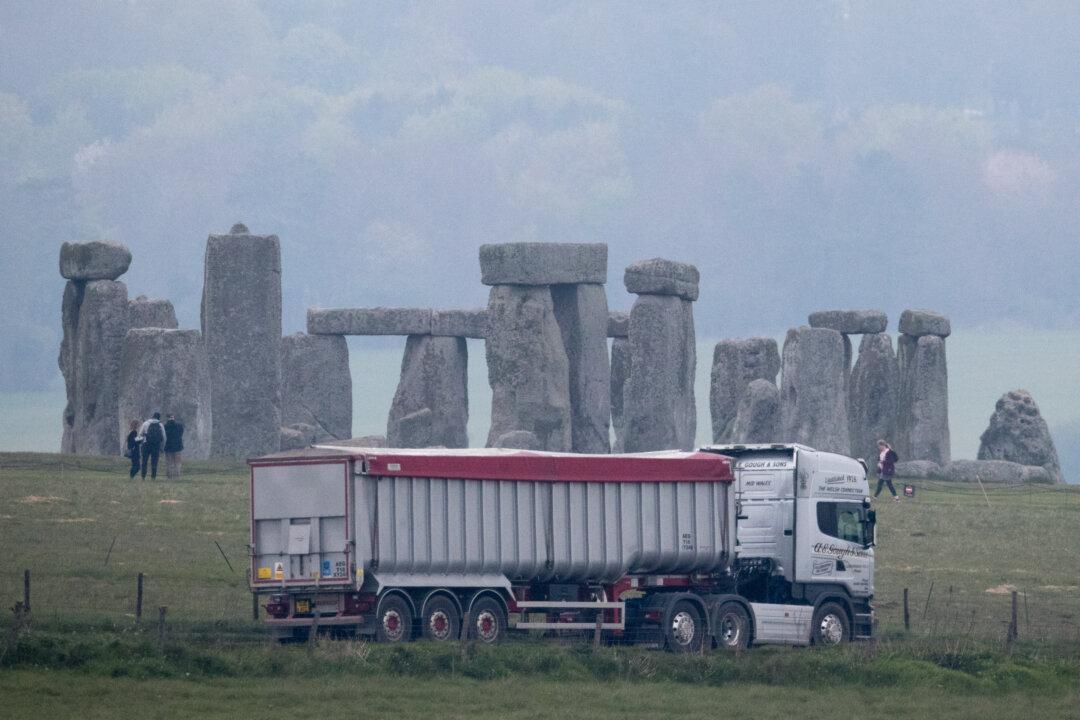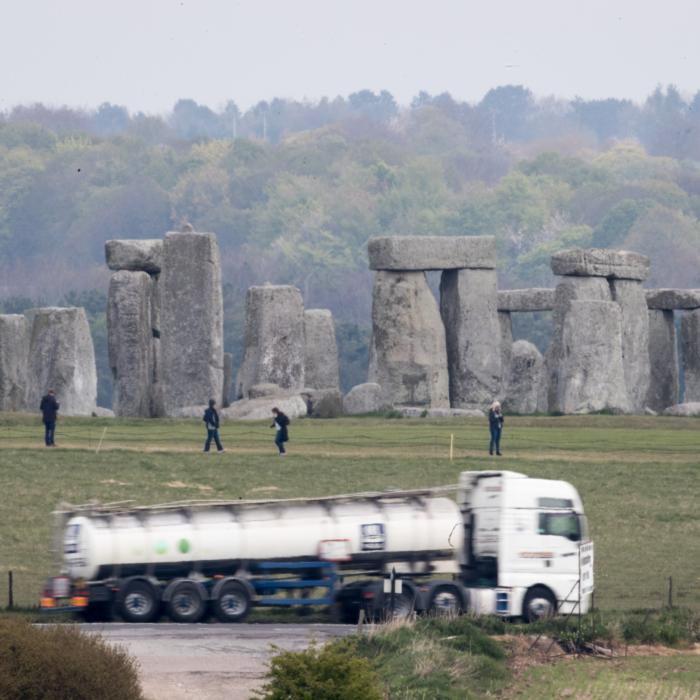Stonehenge Tunnel works will be delayed indefinitely, following the decision by the Court of Appeal to uphold campaigners’ case against the £1.7 billion scheme.
The single-carriageway A303, which runs close to the UNESCO world heritage site, has been plagued with traffic jams for years, and last year the Department for Transport (DfT) approved a plan to build a two-mile tunnel from Amesbury, Wiltshire, to Berwick Down.
Campaigners have claimed the project would have a devastating environmental impact on the stone circle, which was built around 5,000 years ago.
A U-turn in the case saw the court on Tuesday grant the permission to SSWHS to appeal the High Court decision.
“This is extremely good news. All those who care passionately about our cultural heritage can breathe a sigh of relief. We now have a new opportunity for the Government decision to be thoroughly scrutinised.
“This road scheme would be incredibly damaging to Stonehenge World Heritage Site. Yet, the Government doesn’t seem to care and is desperately trying to bulldoze through this decision before it is thrown out of office,” said the Stonehenge Alliance chair John Adams.
The A303 is a major road between London and Exeter and is extremely busy, especially in the summer, as a gateway to the West Country for holidaymakers and hauliers. The government said the benefits of the road tunnel “outweighed the harms.”
Indefinite Delay
Planning permission for the £1.7 billion road tunnel near Stonehenge was first granted in 2020. According to National Highways, the twin-bore tunnel will pass more than 200 metres to the south of the iconic Stonehenge site at its closest point.The road works would see a new road emerging from the tunnel, under a grassed-over canopy—well out of sight of Stonehenge.
“Improving the A303 past Stonehenge is just one of eight schemes planned along the corridor, announced by the Government in 2014. Collectively they are designed to provide a continuous high quality dual carriageway route, opening up the South West” the government-owned National Highways said.
Following the latest court decision, preliminary works will be delayed while the legal battle continues.
The company couldn’t confirm the extent of the delay, as the legal process timescale is “not within [its] control.”
Solicitors at Leigh Day, representing SSWHS campaigners, said that that granting the permission to appeal, the court acknowledged the “scale of public interest” about the future of Stonehenge.
“The Court said there is a compelling reason for an appeal hearing. Our client is looking forward to presenting arguments about the fairness of the decision-making process relating to the future of Stonehenge as well as compliance with international law protecting the World Heritage Site,” said Leigh Day solicitor Rowan Smith.
The SSWHS campaign group will have to raise a further £34,000 for the Appeal Court hearing.
A crowdfunding page by the group has so far raised £100,000 for the whole campaign, but has a new target of £134,000 to cover the upcoming hearing.






